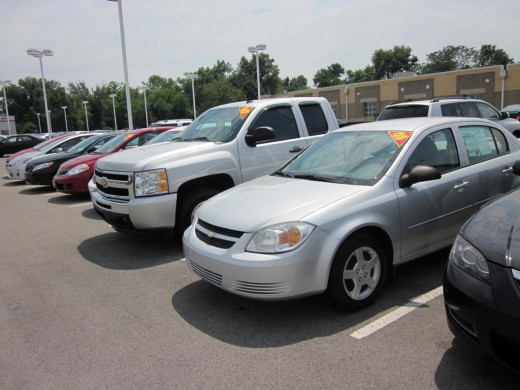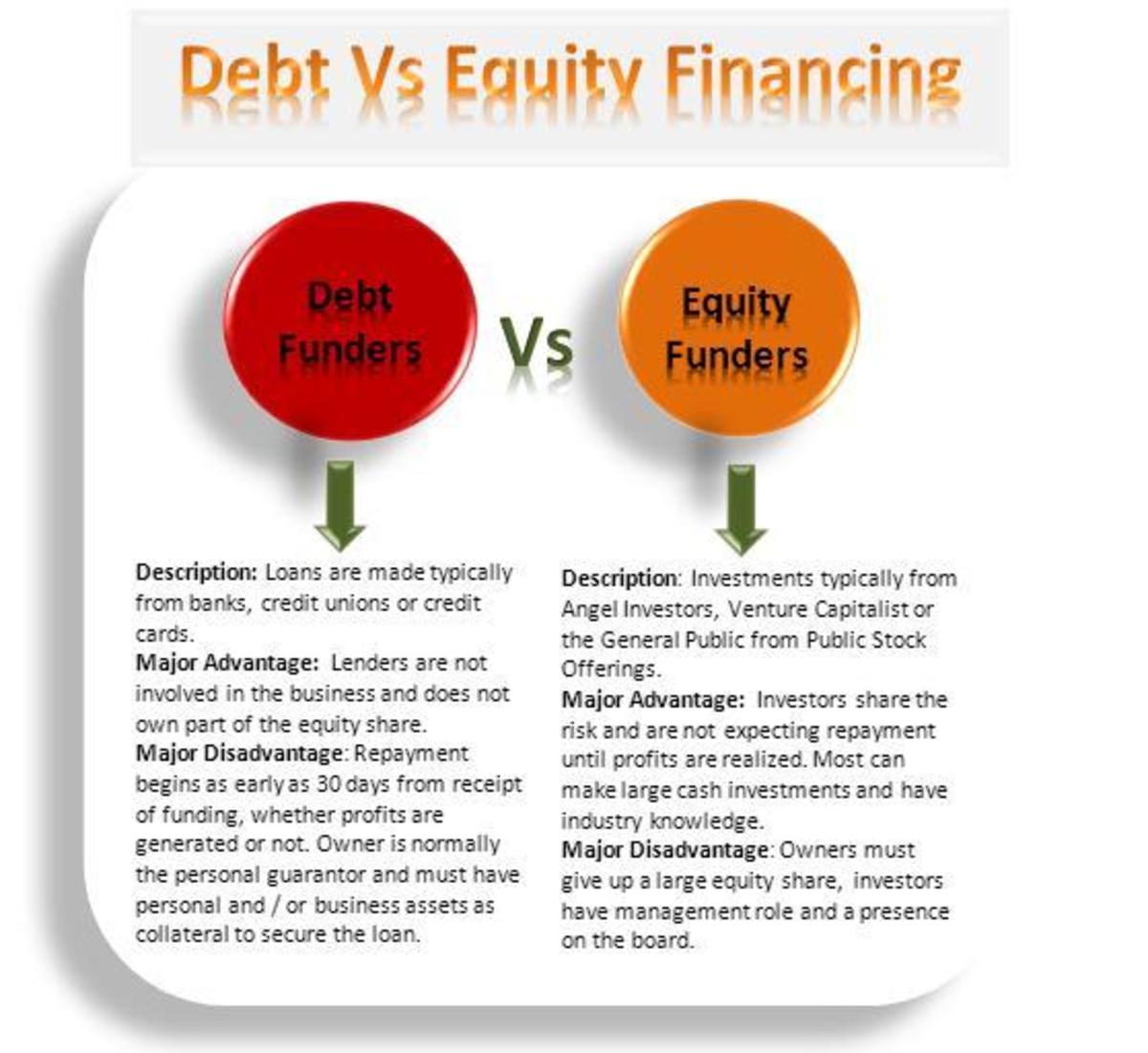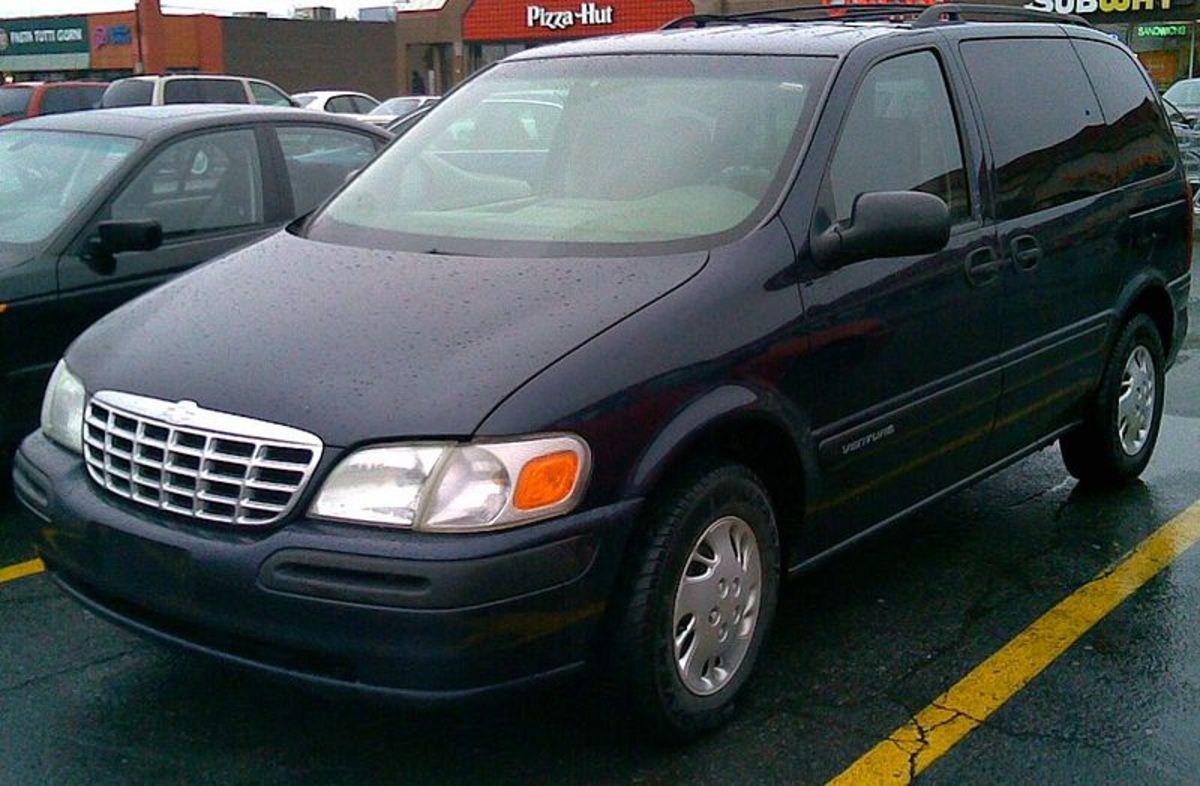Buying A Used Car? Things You Should Know
Used Car Lot

Purchasing A Used Car? Great Books To Check Out
Tips For Buying A Used Car
While the economy moves slowly, many people are saving money by purchasing cars used rather than new. This can mean buying either dealer-certified used cars that are only two or three years old off the lot, going to a dealership that is dedicated to only selling used cars, or even browsing through Craigslist or Autotrader and looking to purchase a car from a private owner.
All three of these choices each have their advantages and disadvantages, and today we are going to look into some of them, as well as what you should look out for on the actually cars themselves before buying.
One tip I will give before explaining the three options, is that I purchase a Chilton service manual with every car I purchase. Whether you are an automotive beginner or expert, they provide many factory specifications and parts replacement guides, as well as what to look out for with specific makes. They typically run about $20 or so at automotive stores, Wal-Mart, or other online stores.
Buying Used Cars From A New Car Dealership
Some of the pros about buying your used car from a new car dealership is that your options will most often only be a couple years old, and have relatively low mileage. These vehicles could be trade-ins or previously leased vehicles that the dealership is now selling. They are more likely to have been taken great care of, with regular maintenance done by the certified technicians working at that dealership. Another good thing about buying from any dealership is that they will offer financing plans, so that you can put money down and make low monthly payments.
One of the disadvantages to purchasing from a new car dealership is that the asking price of the car will generally be more expensive than from a used car dealership or private owner. Also, if you are looking for a specific model or year of a car, they may be a little more difficult to find, as the majority of their business is focused on new car sales, so the stock of used cars may not be very large.
Buying Used Cars From A Second-Hand Dealership
When buying from a used car dealership, prices will typically be a little lower than when purchasing from a new car dealership. Most second-hand dealers will also have some form of financing available as well, so you can make payments on your vehicle instead of having to pay the full price up front. If you haven't decided exactly what type of car you are interested in yet, used car dealerships will usually have a wide range of makes and a pretty wide year range to choose from. Many of them will also have employed technicians to ensure that the cars are in top shape before being put our for sale.
One thing to watch out for from second-hand dealerships is that a lot of them purchase their cars from repossession auctions, and the cars may not be in the greatest shape. Look out for the dealers that don't have a staff of certified technicians on board, as you could possibly end up with a used car that will cost you more in maintenance and upkeep than the cost of the actual car (sometimes known as a 'lemon'. You want to stay far away from lemon lots!).
Buying Used Cars From Private Sellers
A lot of people buy cars from used car ads placed in newspapers, or online at websites like Craigslist or Autotrader. There is nothing wrong with this practice if you know what you are doing, but this way contains more risks than purchasing from any type of dealership.
The advantage to purchasing this way is that you can buy cars for a lot cheaper than you would get them at dealerships, as there is no markup involved. You can find the specific car and year you are looking for, instead of having to go from dealership to dealership to see what they have.
There are few disadvantages to this route of buying though. The first one is no financing options. You will have to pay the full negotiated price up front when you make the purchase. The second is that you really can't tell how well or bad the care was kept up to date on maintenance and repairs. Occasionally you can find some owners that have all the maintenance records since the time that they bought the car, but that comes quite infrequently. You will also most likely sign a bill of sale when purchasing from a private owner, saying that the cars is being sold as-is with no type of warranty or return available. So once you purchase it, you are stuck with it.
When buying a car from a private owner, I know in California that seller carries obligation to get the car smog checked. Many times they will try to lower the price to not go through the hassle, but take this as a warning sign! Failed smog tests can get very expensive, very quick!
Other Things To Know About Buying Used Cars
First and most important: NEGOTIATE! I was surprised to find out how many people don't know that dealer prices are negotiable! Always counter their offer with less than you would think they will be able to meet, and let them talk the price down. Point out any and all flaws you find with the car, and ask to come down a little more for each scratch, ding, or chip you find. You will find it is very easy to save hundreds or even thousands of dollars off of their original asking price. If at a dealership, state what you are willing to pay, let the salesman take down you information, and tell him you are going to go look at a few other places. Most of the times they will call you back with a lower price to get you to come back and buy from them.
Second thing to know is to check for any mechanical flaws. Even if you aren't very automotive-literate, check under the car for any leaks, make sure you take it for a test drive and be sure that everything functions properly. I mean everything! Make sure every single button does what it is supposed to do, last thing you want is to buy your car then get home and find out it needs a new sunroof motor.
The third and final tip I have for you is to be patient and have fun. If you are impatient you will jump on the first deal and then next time you drive by a dealership you will see something nicer and cheaper. Do you research about the cars you are looking for and check what years had common issues. Check for any recalls, common malfunctions, etc.
Many aspects in this page can be talked about a lot more in-depth, but my goal was to provide you with brief advantages and disadvantages on the three buying options, and hopefully help you be successful in buying your next used car. I know I personally prefer to buy cars from private parties, but I know what to look for mechanically and physically, and how to work on anything that would need to get repaired or replaced.
When buying from a dealership, attempt to put down as much money up front as you can, as it will help substantially lower your monthly payments.
Hopefully I could help with your buying decision, and I'll see you next time!
Thanks for reading.
I buy a Chilton manual with every car I buy, they are an excellent investment for beginners to experts!
Here is a quick, but thorough video on used car purchasing tips.
Where did you buy your last used car from?
Used cars only please!
This place looks like they provide a large selection!











